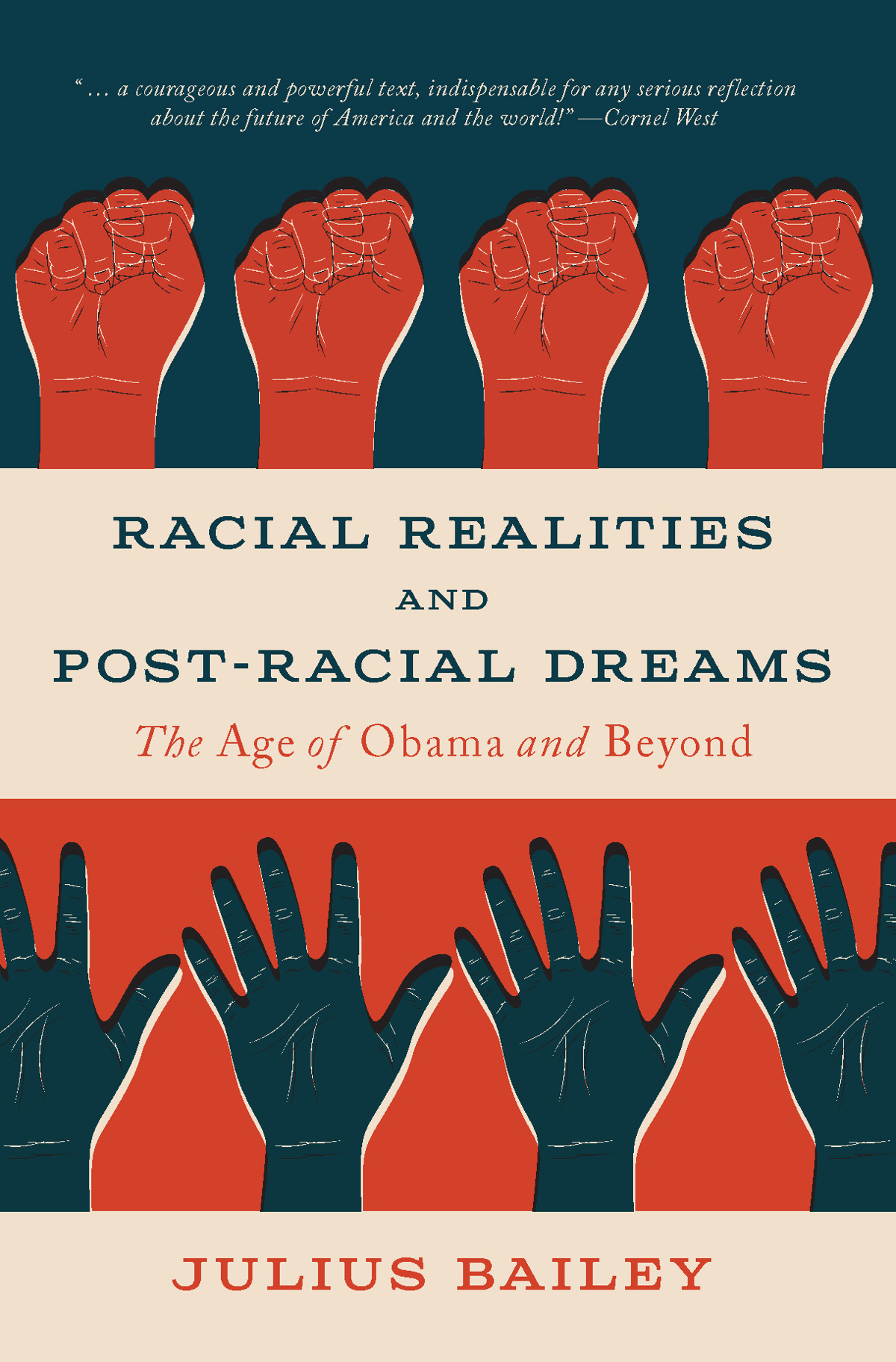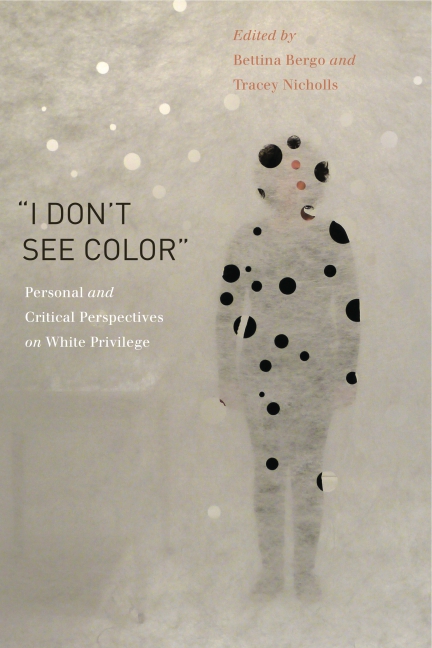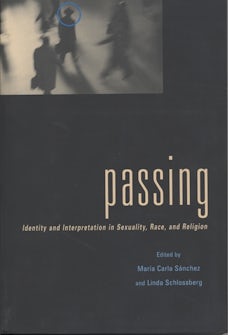President Barack Obama: A More Perfect UnionPosted in Barack Obama, Books, Media Archive, Monographs, Politics/Public Policy, United States on 2016-01-09 01:53Z by Steven |
President Barack Obama: A More Perfect Union
Routledge
2010
272 pages
Paperback ISBN: 9781594514777
John K. Wilson
Barack Obama’s “improbable quest” has become a fact of American life and a benchmark in American history. Striving now toward “a more perfect union,” Obama and the nation confront obstacles unforeseen at the outset of the 2008 electoral campaign. John K. Wilson tracks the sweep of this progress from the beginning of Obama’s political career through his move into the White House. With his critical journalistic eye and his sympathetic “native son” perspective, Wilson shows us a side of Obama we haven’t seen as well as a view of the media we need to understand-even more now as the Obama administration begins to govern. The paperback edition of this popular book includes a new introduction, updates throughout, and two new chapters on the electoral victory and the transition from campaigning into governing. New photos and new insights include a focus on the continued importance of race in American politics.
Table of Contents
- Introduction to the Paperback Edition
- Chapter 1: Generation Obama: The Youth Movement for Barack
- Chapter 2: Are You Experienced? Obama and the Media
- Chapter 3: Race and the President: Is Obama Black Enough?
- Chapter 4: The Vast Right-Wing Conspiracy: The Conservative Attack on Obama
- Chapter 5: Why Leftists Hate A Liberal: The Far Left Attacks on Obama
- Chapter 6: “This Is My House, Too”: Obama and the Liberal God
- Chapter 7: From Quest to Reality: Politics and Policy in an Obama Administration
- Chapter 8: The Victory: Barack Obama’s Improbable Triumph
- Chapter 9: The Obama Administration: Turning Hope into Change Conclusion: Obama’s Hopes and Dreams
- Notes
- Index
- About the Author








